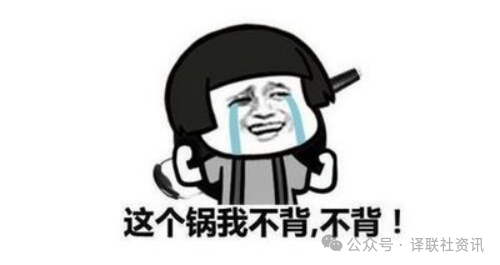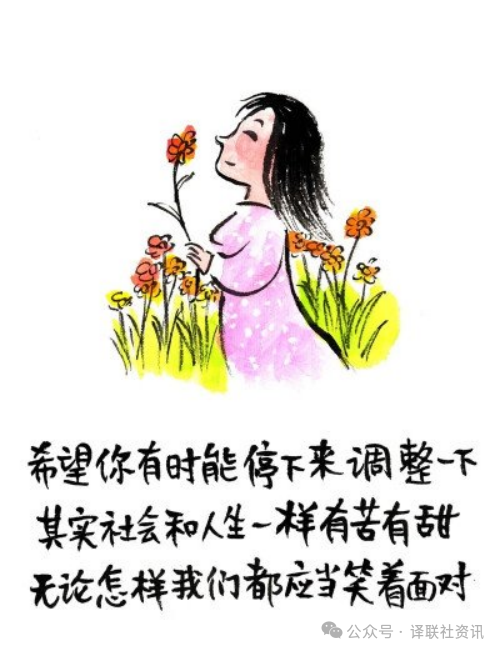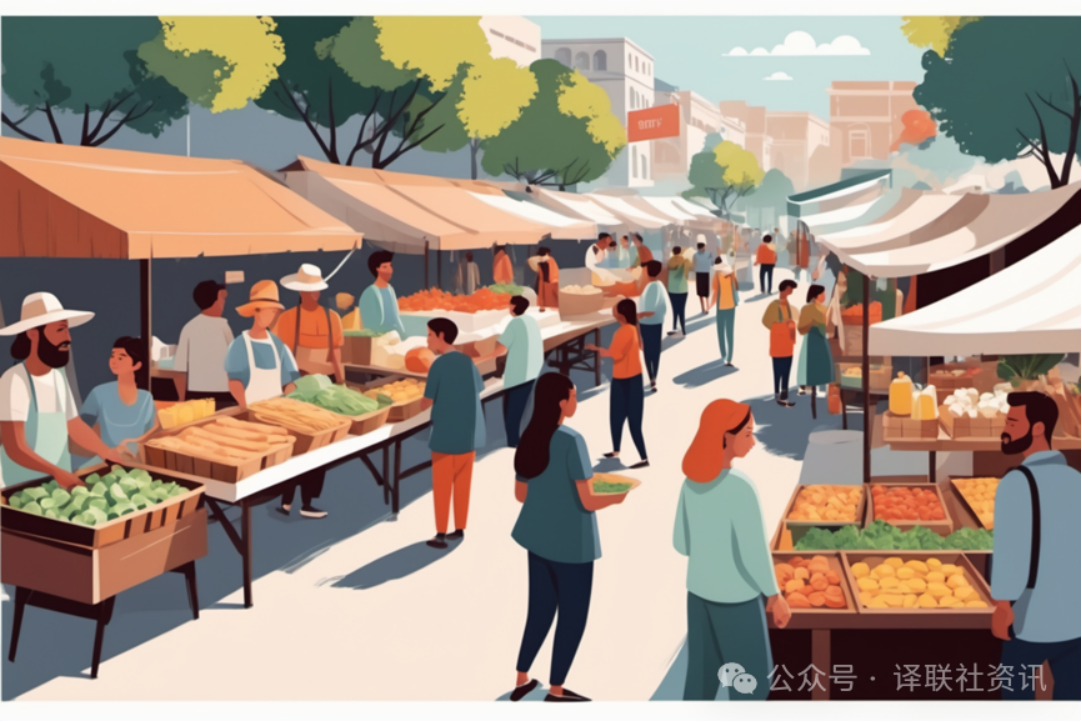The same world, different perspectives.
On the stage of life, each individual is the protagonist of their own story, and our choices and attitudes when faced with challenges and difficulties often dictate the direction of our narrative. One of the core qualities that a mature and respectable person should possess is the courage to take responsibility. This is not only an accountability for one's own actions but also a commitment and respect to the team and society. However, in real life, it is not uncommon to find people who habitually seek "scapegoats,"
attempting to shift their faults onto others. Such behavior not only undermines team cohesion but also hinders personal growth and progress.

Daring to take responsibility means acknowledging one's shortcomings honestly when faced with mistakes or failures and learning from them to pave the way for future success. It requires us to face responsibilities without evasion or procrastination, but to actively step up and seek solutions to problems. This attitude not only earns respect and trust from others but also stimulates positive energy within the team, promoting harmony and efficient operation.
Daring to take responsibility means acknowledging one's shortcomings honestly when faced with In contrast, looking for someone else to blame is a short-sighted and irresponsible behavior. While it may temporarily alleviate personal psychological pressure, in the long run, it severely damages one's reputation and credibility, potentially leading to the breakdown of interpersonal relationships. A person who habitually shifts blame is unlikely to achieve long-term success in their career, as true leaders and collaborators often value those who dare to face challenges and take responsibility.
Therefore, regardless of our environment, we should remember: everyone should dare to take responsibility rather than seek scapegoats. This is not only a self-discipline but also a contribution to society. By cultivating and practicing this quality, we can not only become better individuals but also contribute to building a more harmonious and efficient social environment.

In the complex and ever-changing social environment, we often encounter a heartbreaking phenomenon: those who are weak yet upright often become the scapegoats. They may inadvertently bear responsibilities or crimes that do not belong to them due to their vulnerable position or their upright qualities of sticking to principles and refusing to compromise.
The root of this phenomenon often lies in the imbalance of power and the lack of morality. In power relations, the weaker party often lacks sufficient voice and protection mechanisms, making it difficult for them to speak out and defend their rights when faced with injustice. When upright qualities meet this vulnerable position, it may create a "target effect," making them more vulnerable to attack or sacrifice.
Moreover, certain unhealthy trends in society exacerbate this phenomenon. In some cases, to avoid responsibility or cover up the truth, some people choose to shift blame onto seemingly "harmless" and easily manipulated weak individuals. This behavior not only violates moral principles but also undermines social fairness and justice.
However, we must recognize that weakness does not equal vulnerability, and uprightness should not be a weakness to be exploited. Everyone has the right to pursue fairness and equality, regardless of their status. Therefore, we should strive to build a more just, inclusive, and respectful social environment where weak and upright individuals are no longer scapegoats.
This requires each of us to start from within, learn to respect others, uphold moral boundaries, and bravely expose and resist unjust behavior. At the same time, society should strengthen the formulation and enforcement of laws and regulations, providing more protection and support for vulnerable groups to ensure they can grow and develop in a fair and just environment.




